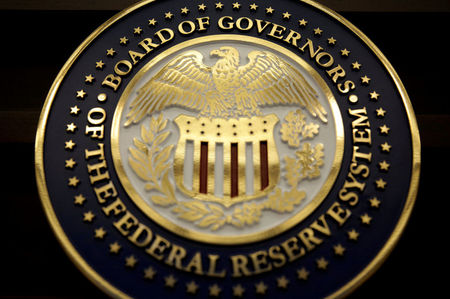AI Sentiment: Bullish
Reason: Goldman Sachs predicts no rate cut in January due to strong economic data and expects the Federal Reserve to maintain its current stance. This indicates stability in the economic environment.
In a recent development, Goldman Sachs has predicted that the Federal Reserve is likely to indicate a slower pace of monetary easing. Furthermore, the Wall Street titan no longer anticipates a rate cut in January. This prediction comes as a shift from the previous forecast of Goldman Sachs, which had anticipated a rate cut in the near future.
The change in forecast is attributed to the recent economic data that suggests a strong U.S. labor market and healthy consumer spending. These positive indicators potentially reduce the urgency for the Federal Reserve to cut rates. In light of the robust economic data, Goldman Sachs now expects the Federal Reserve to maintain its current stance, projecting no change in the interest rate in the near term. However, it is important to note that the Federal Reserve's decisions are not set in stone and are subject to change based on the evolving economic landscape.
Goldman Sachs' analysis provides a valuable insight into the potential trajectory of the U.S. economy. With the Federal Reserve indicating a slower pace of easing, it suggests that the U.S. economy is currently on a solid footing. This will likely be a positive signal for investors and businesses, as it indicates stability and predictability in the economic environment.
Nevertheless, it is crucial for investors and businesses to keep an eye on the Federal Reserve's decisions and the broader economic indicators. As economic conditions can change rapidly, it is important to stay informed and prepared for any potential changes in monetary policy. While the current forecast is for a steady interest rate, future economic developments could lead to changes in this outlook.
In summary, Goldman Sachs now predicts a slower pace of monetary easing from the Federal Reserve and no longer expects a rate cut in January. This change in forecast is largely due to positive economic data, including a strong labor market and robust consumer spending. However, as economic conditions continue to evolve, it will be crucial for investors and businesses to stay informed and prepared for any potential changes in the Federal Reserve's monetary policy.




